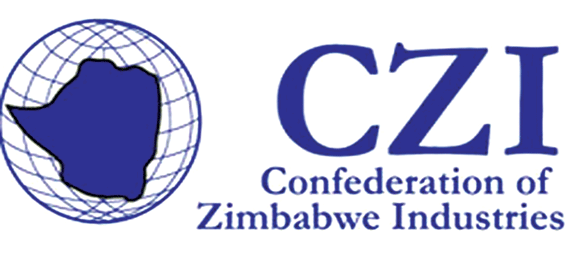
ZIMBABWE’S financial institutions are set to engage the Oil Expressers’ Association of Zimbabwe (OEAZ) to put a plan to fund soyabean farmers at about 7,5% interest per annum, the Confederation of Zimbabwe Industries (CZI) has said.
BY MTHANDAZO NYONI
In its industry update, CZI said the soya value chain in Zimbabwe was completely broken and required concerted efforts from all stakeholders to ensure its restoration for the benefit of the economy.
As part of efforts to revive the sector, CZI said cooking oil and stockfeed producers were currently engaging banks to fund their soyabean contract farming projects in a move aimed at ramping up production of the seed.
“Banks are set to engage the Oil Expressers’ Association of Zimbabwe to put a plan to fund soyabean farmers at about 7,5% interest. This will also attract more soyabean farmers hence increasing local soya supply,” CZI said.
It said local soya producers incur high costs as the crop requires much attention compared to other crops, adding high cost of production and poor yields lead to high cost of production per tonne leading to demand for high producer prices by farmers.
CZI said landed cost of importing soya from Zambia was about $400 per tonne and local producer price was about $550 per tonne.
“Soyabean farmers continue to face financing challenges since they cannot easily access loans due to lack of collateral. Most farmers in soya production are practising on small units of land on 99 year leases,” it said.
- Chamisa under fire over US$120K donation
- Mavhunga puts DeMbare into Chibuku quarterfinals
- Pension funds bet on Cabora Bassa oilfields
- Councils defy govt fire tender directive
Keep Reading
CZI said the cost of borrowing money was also not comprehensive for smallholder farmers.
CZI president Sifelani Jabangwe said value chains play a “significant role in reviving the economy and eradicating poverty, as it comes with employment creation through supporting small-scale farmers”
The body noted that command agriculture on maize partly reduced soyabean production, as it was more profitable, thereby attracting more farmers to alternatively grow maize.
“This contributes to the OEAZ member companies to turn to importing since there is no adequate supply locally,” it said.
Speaking at the OEAZ edible oils indaba held recently, the association’s chairman Busisa Moyo said they should continue to come up with home-grown solutions to localise the entire soyabean value chain, starting with farming supported by value chain financing, to completely eliminate soyabean imports in 5-8 years’ time.
Soyabean is a crucial crop to the country’s economy as it is useful to many sectors. It is a key ingredient in the making of stock feeds and low productivity may impact local livestock production.
But despite all this, the sector is disjointed with farmers failing to access loans due to lack of collateral.
Currently, Zimbabwe is producing an average of two tonnes per ha compared to other countries that exceed four tonnes per ha.
Government has also included soyabeans into the command agriculture programme to increase output at a total cost of $150 million.











